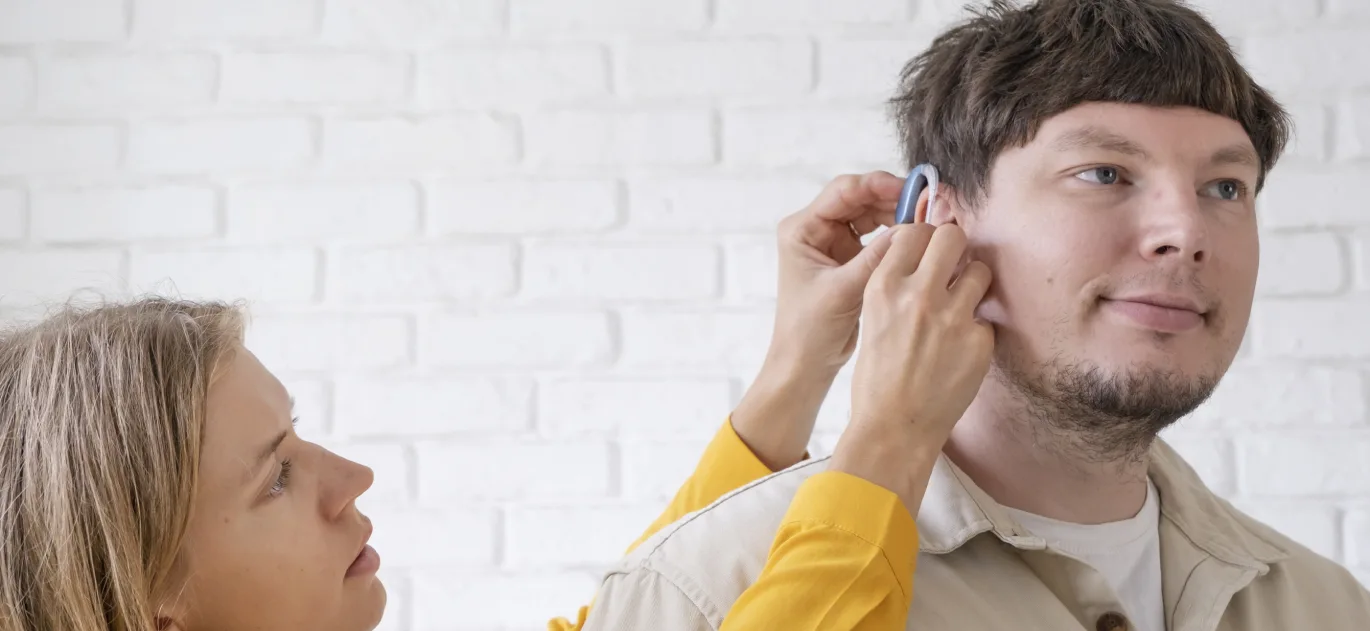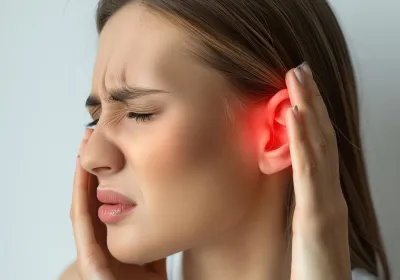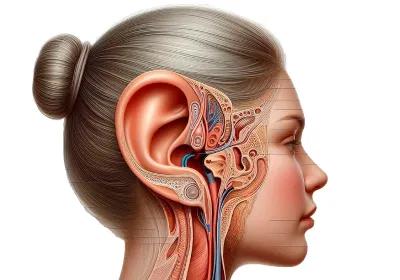- Home
- Treatments
- Inner Ear
Sensorineural Hearing Loss
Sensorineural Hearing Loss

This medical condition of inner ear occurs as a result of the damage to tiny hair cells in the cochlea and the related parts, the vestibulocochlear nerve, or the neural area. The Sensorineural hearing loss will make social life more or less impaired or restricted, as there will be a propensity on the part of the patient to stay away from the various social groups or other similar crowds.
Causes of Sensorineural Hearing Loss:
This problem can arise in an individual because of hereditary reasons. If you are exposed to diseases such as mumps, measles, meningitis, multiple sclerosis and Meniere’s disease it can lead to sensorineural disorder. This can also occur due to the aging problem. Other main causes are trauma, immune diseases and intake of certain medications. Constant exposure to high-frequency sound may also trigger this inner ear disease.
Symptoms of Sensorineural Hearing Loss:
The sufferer will experience hearing loss. He/she may have trouble in understanding or find difficult in conversations. Because of hearing loss, they turn the television and radio volume high. They perceive hearing of muffled sounds or ringing in the ears. At the end of the day, they feel tired. Though the sensorineural hearing loss is irreversible it can be treated by means of hearing aid.
Inner Ear
Ear
Treatments

Cochlear implant in India is a very rare curative procedure then. Under the leadership of Dr. P.G.Visvanathan, Dr.Aruna Viswanathan and Dr.Anjana Visvanathan, we offered this technology to India, thereby making the cure for hearing loss accessible and affordable.
Implant Otology

The outer part of the ear consists of the pinna (auricle) and ear canal. The basic function of the external ear is to amplify and adjust the sound frequency (around 3 kHz) and pressure (around 30-100 fold).



